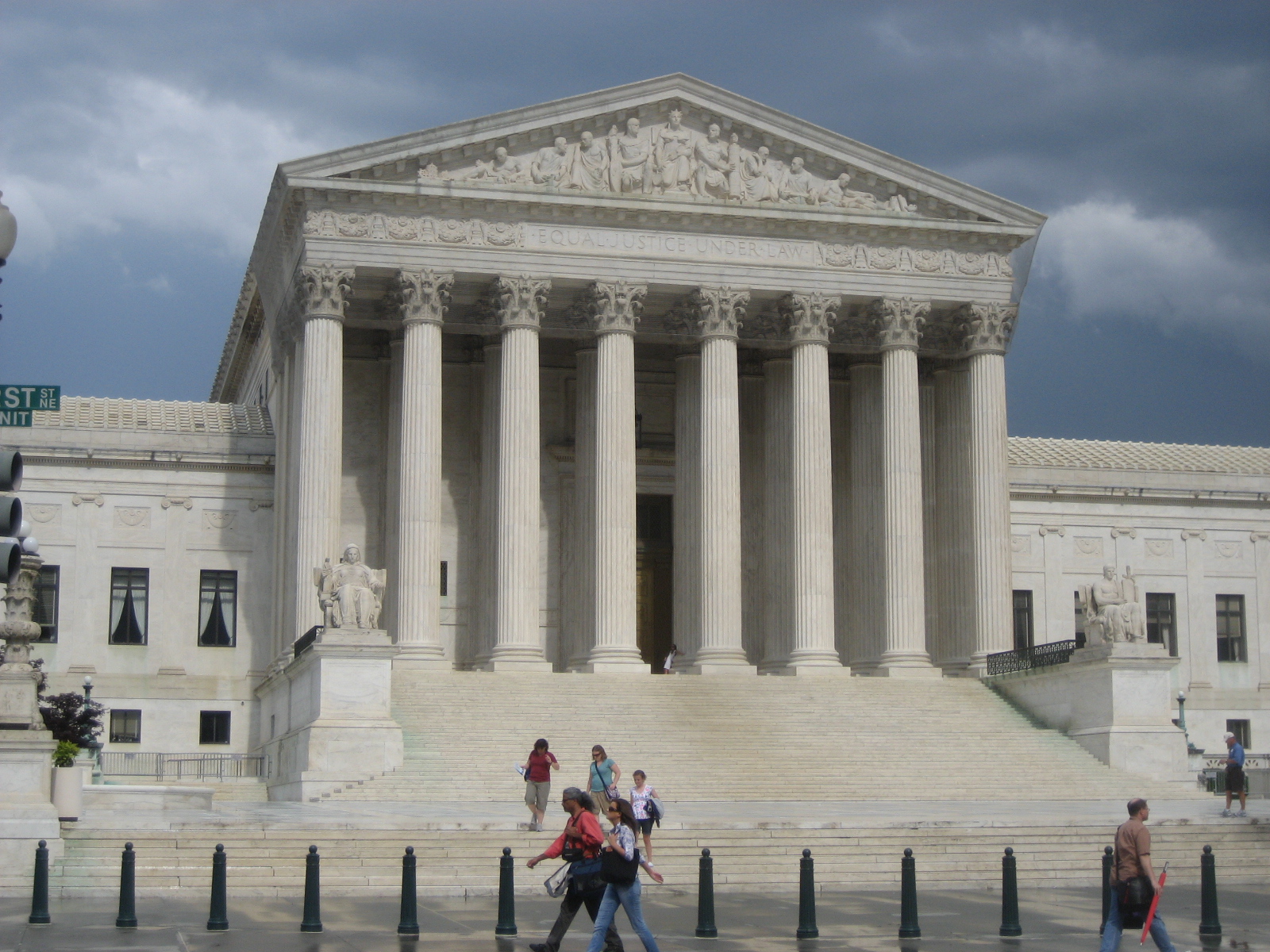A right wing attempt to severely weaken public sector unions ended in failure today when the Supreme Court announced in a one-sentence ruling that it would not overturn its 1977 decision allowing such unions to charge non-members agency fees to cover the cost of representing them in collective bargaining negotiations.
Presumably, the remaining members of the court’s right wing bloc (John Roberts, Clarence Thomas, Samuel Alito, Anthony Kennedy) desired to set a new precedent and overturn the 1977 decision, but were effectively stopped by the progressive bloc (Ruth Bader Ginsburg, Sonia Sotomayor, Elena Kagan, Stephen Breyer).
With Justice Antonin Scalia no longer on the bench, the right wing bloc lacked the five votes it needed to decide the case in favor of the Republican Party and its right wing allies, who desperately wanted a ruling out of the Court that would greatly weaken unions like the National Education Association (NEA) or AFSCME, which generally support the Democratic Party and progressive causes.
When public sector unions negotiate contracts, they do so on behalf of entire groups of workers, not just those who wish to belong to the union. It is therefore completely appropriate and reasonable that the workers who benefit from those negotiations pay a fair share service fee to the union.
U.S. Senator Patty Murray applauded the outcome, which affirmed a ruling by the 9th Circuit Court of Appeals leaving intact the current agency fee system.
“This is good news for workers, unions, families, and the economy,” Murray said. “With the lower court ruling being affirmed by a deadlocked Supreme Court, this latest assault on the ability of teachers, nurses, and other public servants to organize and make their voices heard in the workplace has been beaten back.
“The economy is only truly strong when it is growing from the middle out, not the top down—and unions are key in making that happen. When unions are strong, workers can fight for higher wages, more opportunities, and greater economic security for themselves and their families. Many Republicans are going to keep working to tilt the scales in favor of the biggest corporations and the wealthiest Americans by making it harder for workers to band together and fight to improve and protect their wages and benefits. But as a nation, we should not turn our backs on empowering workers through collective bargaining and making sure that workers have a strong voice at the table—and this decision today upholds that principle.”
“While a deadlocked Supreme Court happened to result in a positive outcome in this case, this is one more reminder that we need a fully functioning Supreme Court to protect the rights of workers, women, and families across the country. Now that the President has nominated Judge Merrick Garland, Senate Republicans should do their jobs by giving him all due consideration, a hearing, and a vote.”

